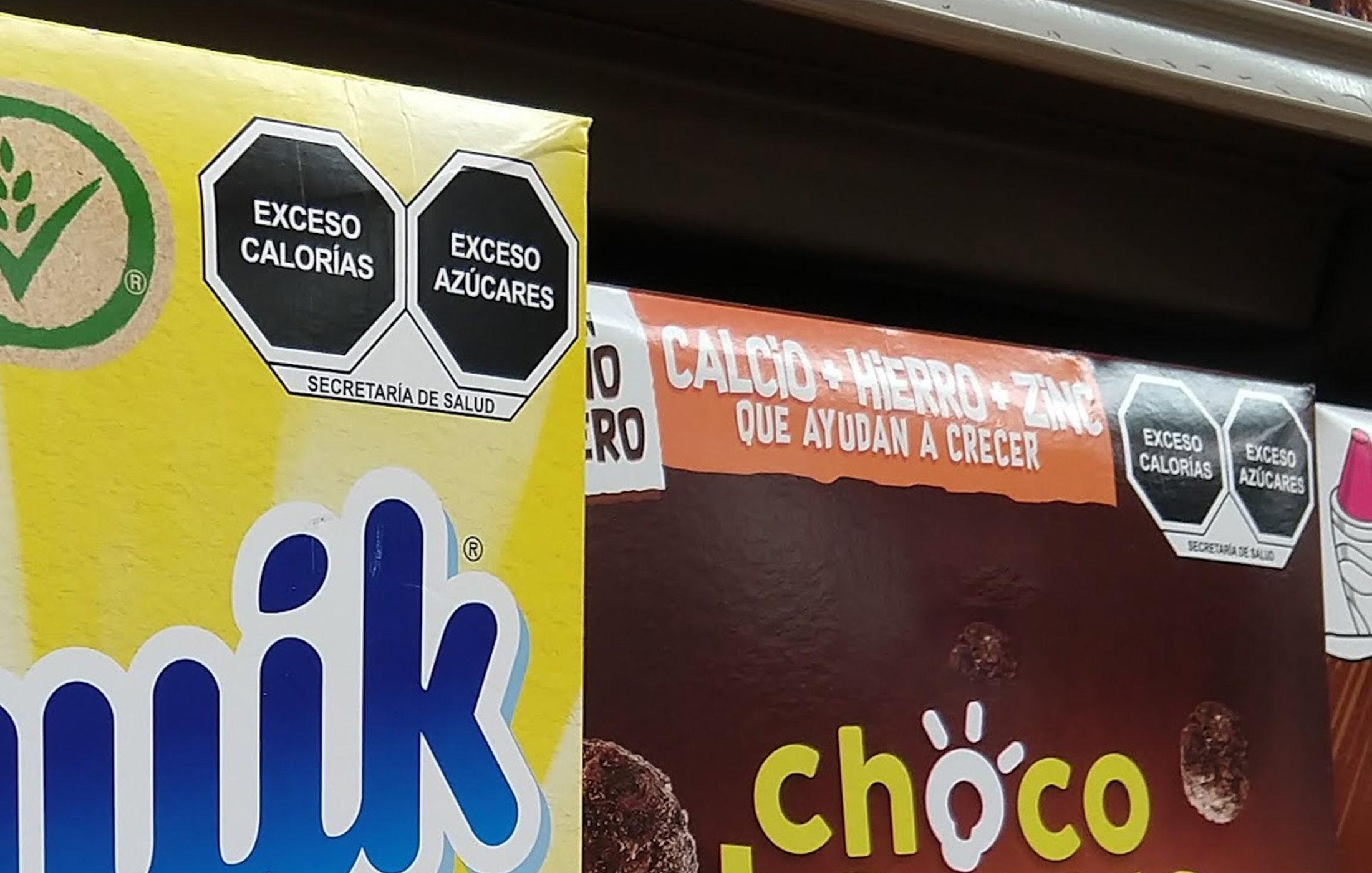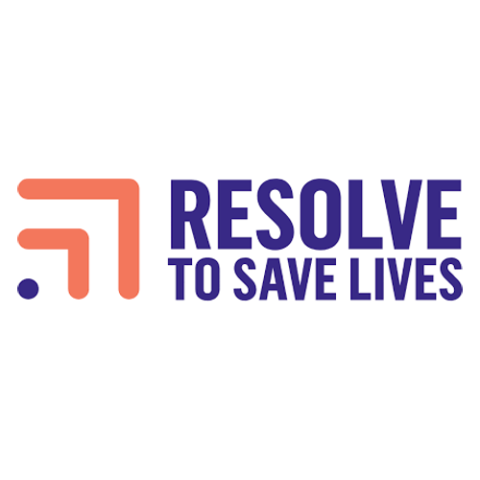Las ENT son la principal causa de muerte y discapacidad en todo el mundo y representan el 76% de las muertes en Colombia. El 10% de estas muertes por ENT se debe al consumo excesivo de sodio, un factor de riesgo primario para la hipertensión, lo que conduce a enfermedades como el accidente cerebrovascular, las enfermedades cardiovasculares, la diabetes y la enfermedad renal. A nivel mundial, al menos 1.9 millones de personas mueren cada año debido al alto consumo de sodio. No se puede lograr ningún avance en la prevención de ENT sin mejorar las dietas y abordar este importante factor de riesgo.
En Resolve to Save Lives y la Alianza de ENT colaboramos con el gobierno colombiano para destacar su liderazgo en esta área mediante iniciativas políticas que abordan directamente el consumo alto de sodio. Utilizando la guía del paquete SHAKE de la OMS, el Ministerio de Salud y Protección Social de Colombia desarrolló una estrategia con políticas de mejores prácticas, probadas para reducir el consumo de sal, prevenir enfermedades y muertes evitables, y ahorrar costos de atención médica.
¿Por qué el paquete integral de mejores políticas de Colombia es pionero en políticas públicas?
Límites máximos obligatorios de sodio para 59 categorías de alimentos procesados, con umbrales más estrictos previstos a lo largo del tiempo.
- Los límites obligatorios ayudan a nivelar el campo de juego para los fabricantes de alimentos, previniendo inconsistencias en el mercado.
- Las reducciones progresivas y escalonadas permiten que la industria cumpla y que las y los consumidores se adapten gradualmente.
- Un análisis de impacto regulatorio en Colombia estimó un ahorro de 316 mil millones de pesos colombianos (aproximadamente US$80 millones) en costos de atención médica en 10 años.
Etiquetas de advertencia en el frente del paqute para todos los alimentos ultra procesados altos en azúcar, sodio o grasas no saludables.
- Estudios en Colombia y en el mundo muestran que las y los consumidores entienden las etiquetas simples de advertencia en blanco y negro y los hace menos propensos a comprar productos con esas etiquetas. Las etiquetas de advertencia son el sistema más eficaz para cambiar el comportamiento de compra del consumidor y reducir las compras de alimentos no saludables.
Impuestos a los alimentos ultra procesados que tienen etiquetas de advertencia, con aumentos progresivos hasta del 20% en 2025.
- Al igual que los impuestos a las bebidas azucaradas, los impuestos a los alimentos con alto contenido de sodio y otros nutrientes nocivos reducen la demanda de estos productos y alientan a los fabricantes de alimentos a reformular sus productos para hacerlos más saludables.
- Los impuestos a los mismos productos con etiquetas de advertencia crean un incentivo financiero que evita su consumo.
Las políticas de adquisición pública de alimentos prohíben el uso de productos con alto contenido de sodio, azúcar y grasas saturadas en lugares públicos como escuelas y comedores comunitarios.
- Estas políticas protegen a las poblaciones vulnerables y, al mismo tiempo, son un ejemplo para el sector privado.
Sobre la base de la aprobación de este conjunto exitoso de políticas, el próximo paso de Colombia es garantizar que las políticas logren los objetivos de salud pública previstos mediante el monitoreo del cumplimiento y la evaluación del impacto. Las lecciones aprendidas de la experiencia colombiana pueden ayudar a otros países a combatir las ENT y garantizar un futuro más saludable para todas las personas.
Colombia demuestra que es posible reducir de manera integral la ingesta de sal. Al promulgar un conjunto similar de políticas alimentarias armonizadas que apunten a reducir la disponibilidad, la asequibilidad y la promoción de alimentos no saludables, al tiempo que promueven la alfabetización en salud y aumentan el acceso a opciones saludables, los países de todo el mundo pueden crear suministros de alimentos más saludables y con menor contenido de sodio, lo que salvaría millones de vidas y ahorraría millones de dólares cada año.

 RA
RA





